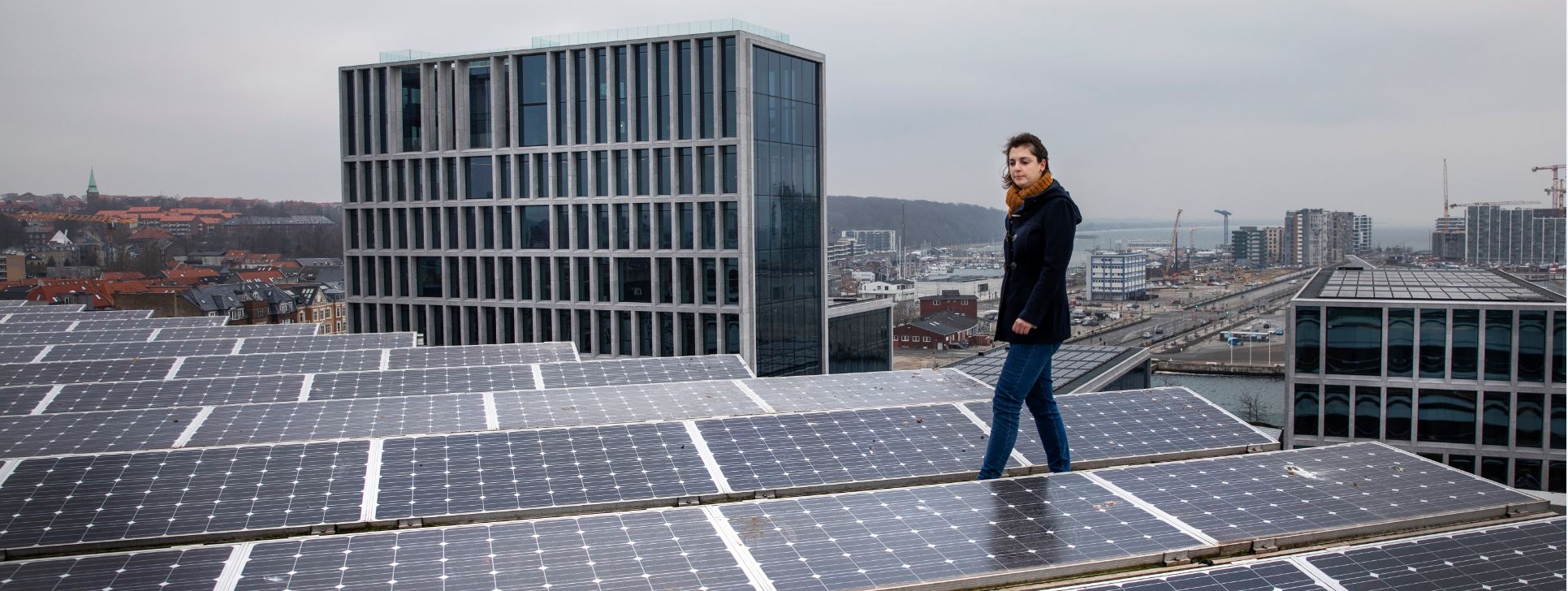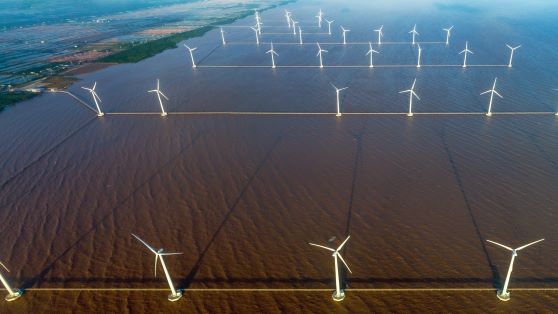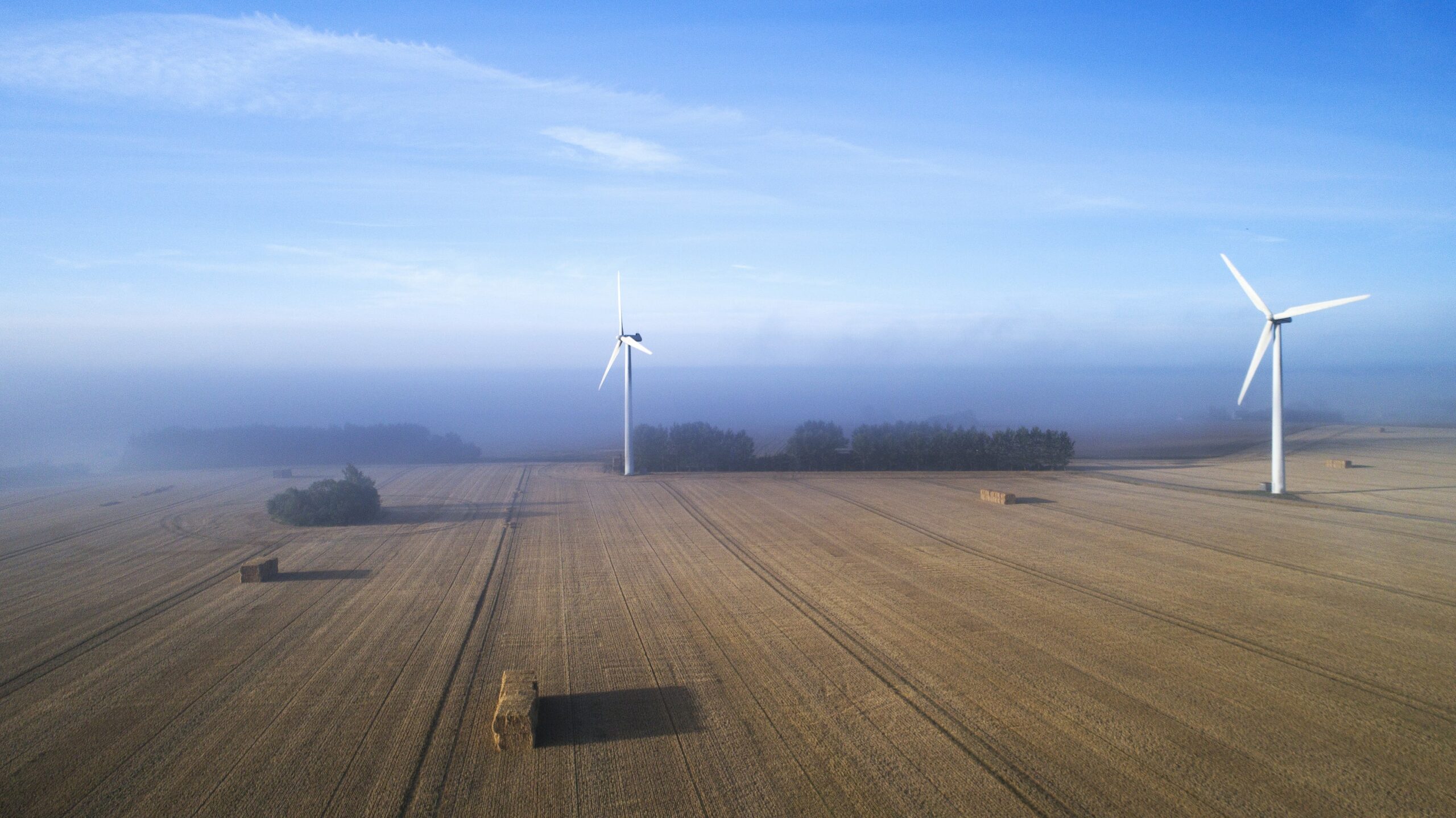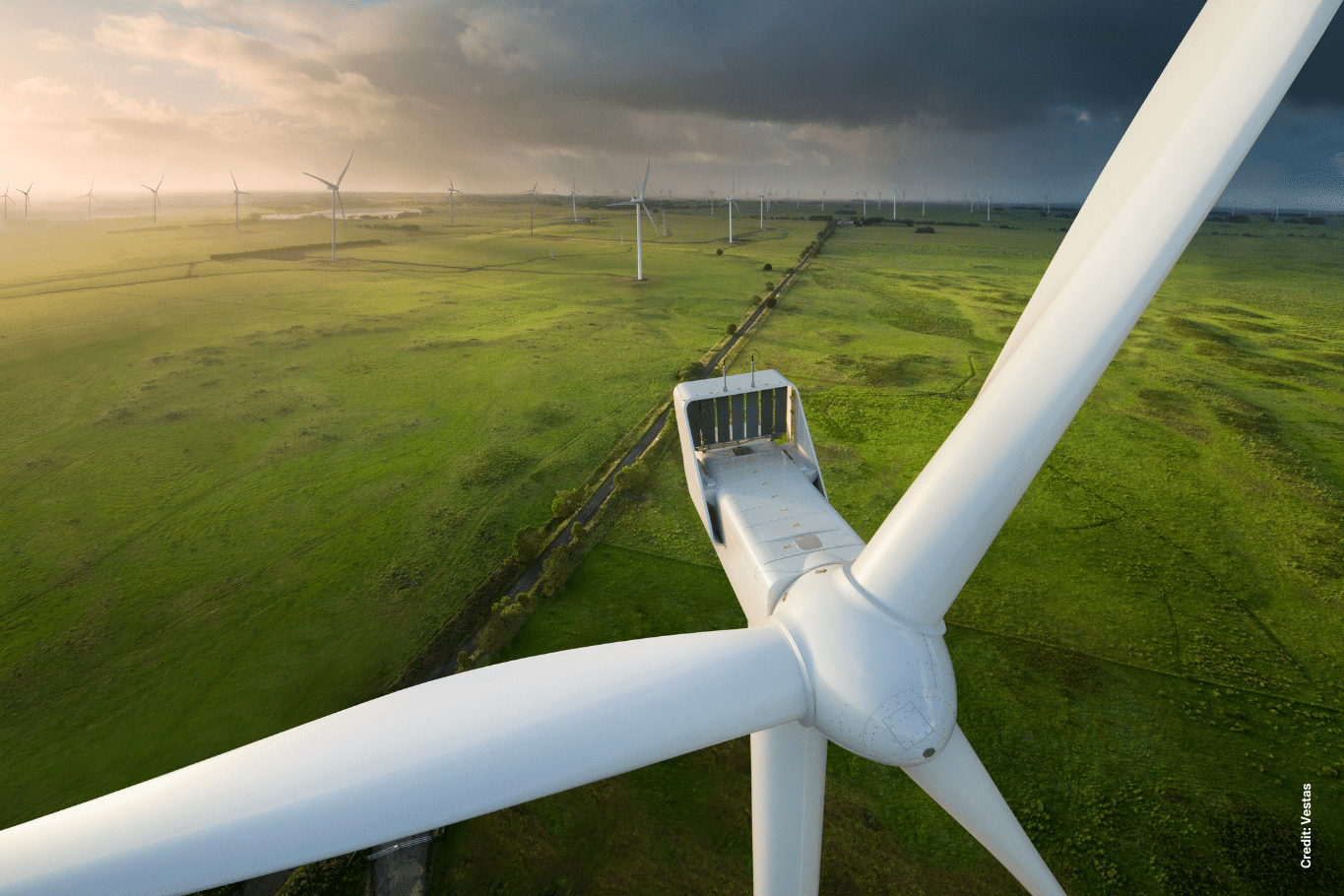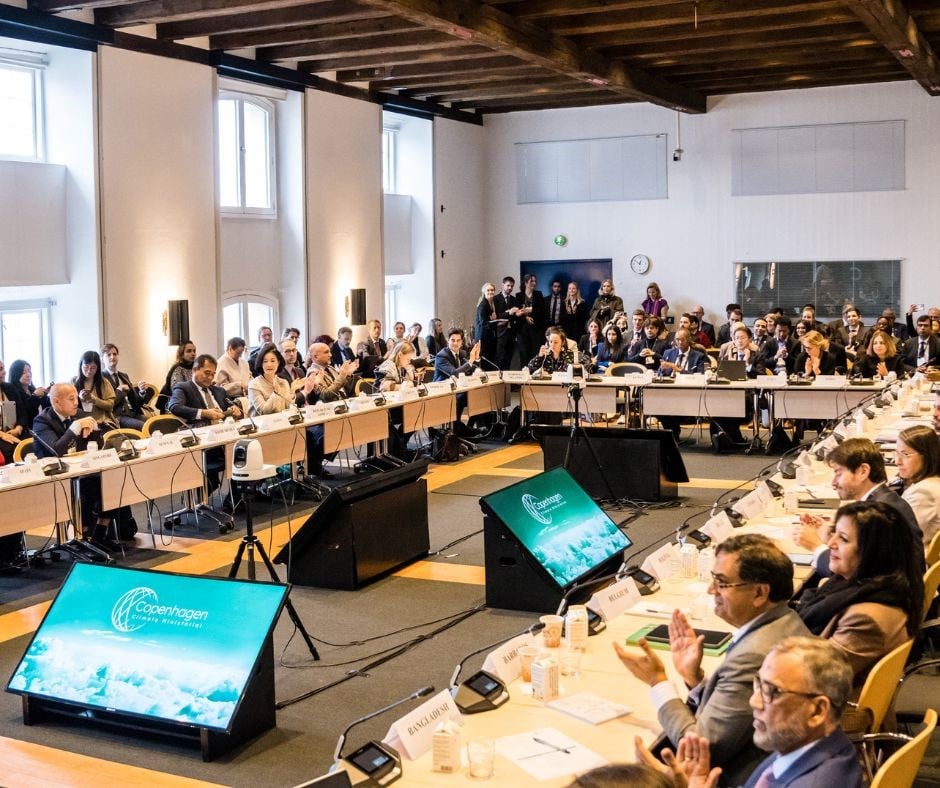News
Solar energy
New Danish-Mexican study: Energy storage could cut 63 million tonnes from Mexico’s CO2 emissions
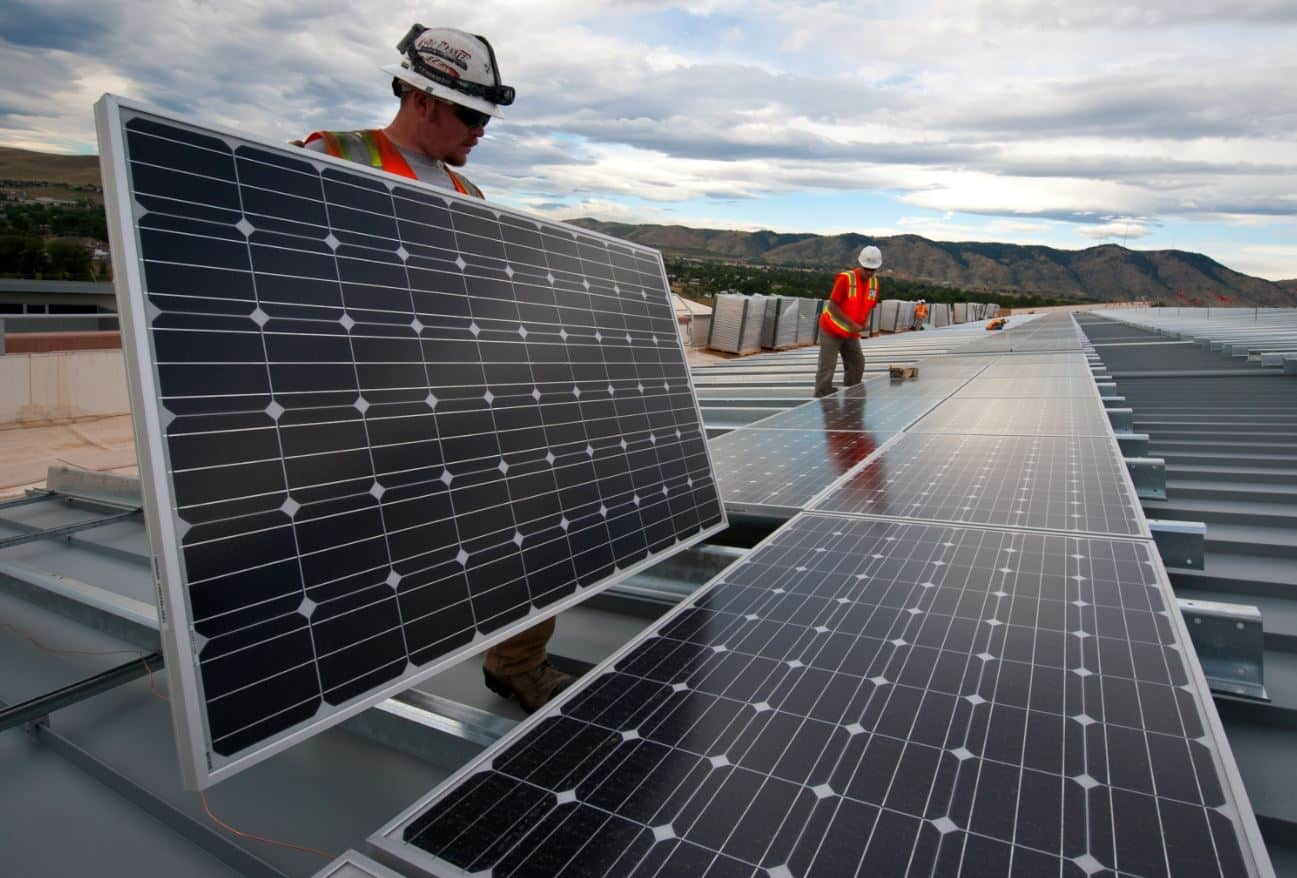

It requires innovative thinking and a widespread use of technologies if the objectives of the Paris Agreement are to be met, writes the Danish Energy Agency in a press release. A new Danish-Mexican study, which was conducted in cooperation between the Danish Energy Agency and the National Institute for Ecology and Climate Change of Mexico (INECC), shows how the use of large-scale energy storage can accelerate the green transition in Mexico.
Efficient use of large-scale electricity storage – for example with lithium-ion batteries – can reduce Mexico's CO2 emissions by 63 million tonnes by 2050, the study documents. This is equivalent to 42 per cent of the total CO2 emissions from Mexico's electricity consumption today, which is largely based on natural gas.
-Related news: Mexico inspired by Danish solutions while investing heavily in renewables
In particular, solar energy in combination with Li-ion battery systems has the potential to deliver large emission reductions in the sunny country. The potential is estimated at 194 gigawatts in 2050 with storage as opposed to 95 gigawatts without storage. Today, solar energy in Mexico is merely 5.5 gigawatt.
The study showcases how new technologies can help accelerate a cost-efficient green transition and reach the Mexican targets under the Paris Agreement
- Dr. Claudia Octaviano Villasana, INECC
”Together with the Danish Energy Agency, we have carried out a very successful study that explores the array of benefits from deployment of energy storage systems. We have also identified key barriers and enablers to storage implementation in Mexico. The study showcases how new technologies can help accelerate a cost-efficient green transition and reach the Mexican targets under the Paris Agreement,” said Dr. Claudia Octaviano Villasana, General Coordinator of Climate Change Mitigation at INECC.
Strong interest in energy storage among Mexican stakeholders
The new study stems from a so-called Technology Catalogue, which the Danish Energy Agency and INECC have jointly prepared. Technology Catalogues play a central role in Denmark's green transition, where a large number of data on relevant energy technologies and solutions for a given country are collected and verified through public-private dialogue within the energy sector. This approach has now been shared by the Danish Energy Agency and implemented by INECC in Mexico.
-Related news: New DTU whitebook: Energy storage technologies in a Danish and international perspective
The catalogue goes thoroughly into nine storage technologies with detailed descriptions of economic and technical specifications used in the estimation of the mitigation potential. In particular, Li-ion battery systems are highlighted as the most cost-effective large-scale storage solutions in the long term. The project has helped to bring together the Mexican stakeholders and created a strong anchoring and interest in storage technologies and enhanced the knowledge regarding storage that can support improvement of framework conditions in Mexico.
“The Danish-Mexican energy cooperation has since 2014 focused on the green transition in Mexico. By sharing Danish experiences, the Danish climate effort can be multiplied, as the new study shows. A reduction of 63 million tonnes is equivalent to almost double of the current annual Danish CO2 emissions from energy consumption,” said Janni Torp Kjærgaard, Deputy Director General of the Danish Energy Agency.
Energy storage costs decrease over time
Major technological advances have already been made in storage technologies and the development is expected to continue in the coming decades. This means that the costs of storing energy are gradually reduced over time, which among other things contributes to Mexico having a large future potential for solar energy in combination with, for example, Li-ion batteries. In particular, solar PV will be able to produce large amounts of electricity during the day, which is stored, so that consumption in the evening and at night can be covered effectively with renewable energy despite the sun not shining.
Download fact sheet: Technology Catalogue on grid-scale electricity storage
Facts
Since 2014, Denmark and Mexico have built a strong energy and climate cooperation that supports the Mexican fulfilment of the country's climate goals.
The Danish Energy Agency assists the Mexican energy and climate authorities in a number of areas, including energy planning, energy efficiency, and scenarios for how Mexico can meet the country's climate goals cost-effectively.
The climate and energy cooperation with Mexico is financed by the Danish Ministry of Foreign Affairs as part of the Danish Energy Partnership Programme (DEPP) that includes partnerships with Mexico, China, Vietnam and South Africa. DEPP is financed through the Danish Climate Envelope from 2020-2024.
The Danish Energy Agency cooperates with 16 countries, which together account for more than 60 per cent of the global CO2 emissions from the energy sector. These government-to-government collaborations contribute to reducing greenhouse gas emissions globally and help countries build capacity and transition to low-carbon societies.
More information about the Danish Energy Agency's Global Cooperation
Source
Photo: Photo by Science in HD on Unsplash
